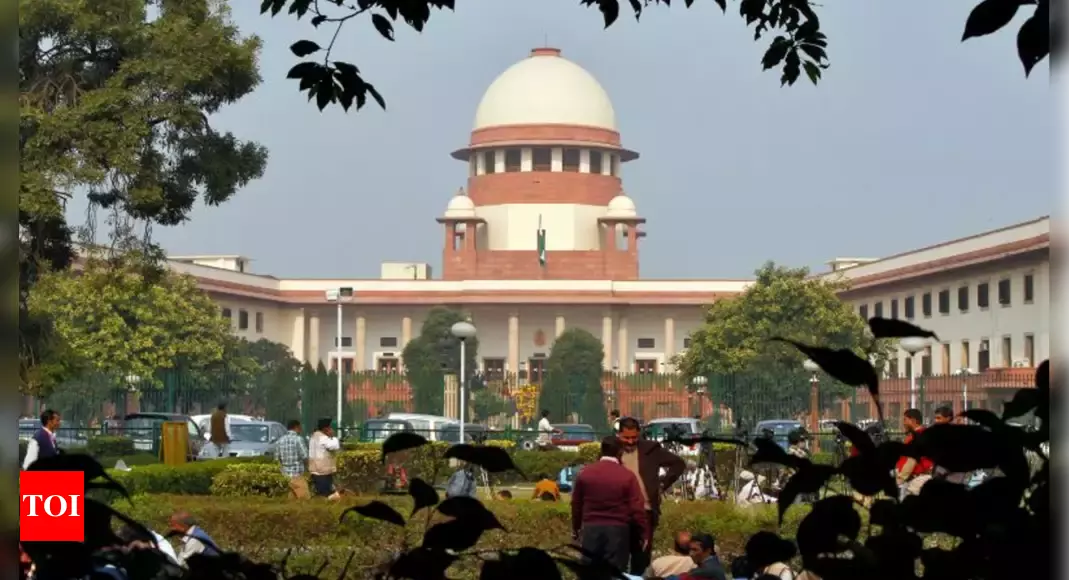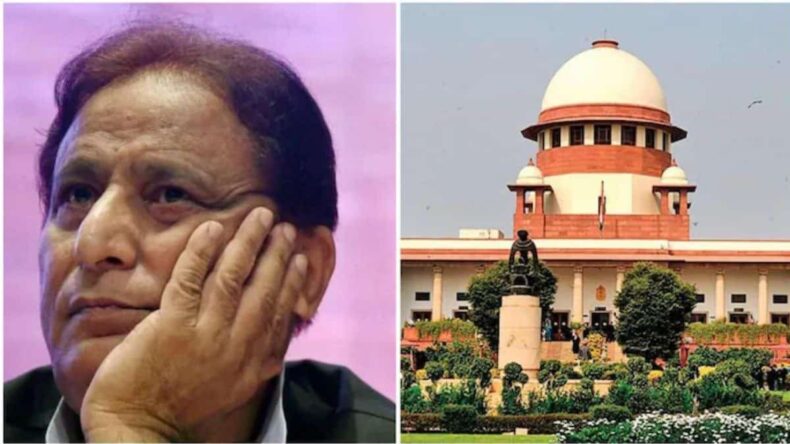The Supreme Court on Tuesday ruled that no additional restrictions can be imposed on the Freedom of Speech of public functionaries other than those which are permissible under article 19(2) of the Indian constitution.

The ruling came on the issue to decide if greater restrictions could be imposed on the right to free speech of ministers, MPs, MLAs, and other persons holding high offices who sometimes made statements that tend to violate the fundamental rights of citizens. A 5-judge constitutional bench of justices as Abdul Nazeer, A S Bopanna, B R Gavai, V Ramasubramaniam, and B V Navrathana held that the restrictions on the speech of public functionaries cannot go beyond what is mentioned under article 19(2), exhaustive and applicable to all citizens.
The bench said that the grounds lined up in Article 19(2) for restricting the right to free speech are exhaustive.
Incident that caused this ruckus
A constitution bench was prompted by the statement of Samajwadi party leader Azam Khan who has an Urban Development minister in the UP government had turned the horror-filled 2016 gangrape incident on the Noida-Saharanpur Highway as an opposition conspiracy because elections were near. He called this incident, a desperate move by the opposition and how they can stoop to any level to defame the government.
Majority opinion on Freedom of Speech
But the court clearly states that the role of the court is to protect fundamental rights and not to insert more restrictions. The bench said that the role envisaged in the constitution for the court, is to be a gatekeeper ( and a conscience keeper) to check strictly the entry of restrictions into the temple of fundamental rights. The role of the court is to protect fundamental rights already limited by lawful restrictions and not to protect restrictions and make the rights residual privileges.
Justice Ramasubramaniam said that a statement made by Minister is not actionable until or unless the rights of the citizens were affected by such a statement.
Differing Opinion
While Justice Ramasubramaniam said that the minister’s statement couldn’t be vicariously attributed to the government, and the minister himself would be liable for such statements, B V Nagarathna had a differing opinion.
Although Justice V Nagarathna agreed with the majority view that greater restriction couldn’t be imposed on free speech and in case a minister makes disparaging statements in his official capacity, then such statements can be vicariously attributed to the government. However, she said if any remarks made by a minister were not consistent with the stand of the government, they would definitely be treated as his personal remark. This means that the rights under article 19(1)(a) and Article 21 can’t be claimed before constitutional courts against private persons and non-state actors, except in Habeas Corpus cases.
Nagarathna further added that there is a need to have a self-imposed code for those who are in public life. This is also important for the respective political parties to regulate and control the actions and speech of their functionaries and members. They could enact some kind of code of conduct that would describe the limits of permissible speech by functionaries and members of the respective political parties.
Advocate Kaleeshwaram Raj appearing for the petitioner urged the bench that there is a need to have in place a code of conduct for the lawmakers and the earlier judgment pertaining to hate speech only.
Attorney General R Venkateshwaramani and Solicitor General Tushar Mehta told the bench that earlier judgments had dealt with this in detail and the difference before this bench is academic in nature.












